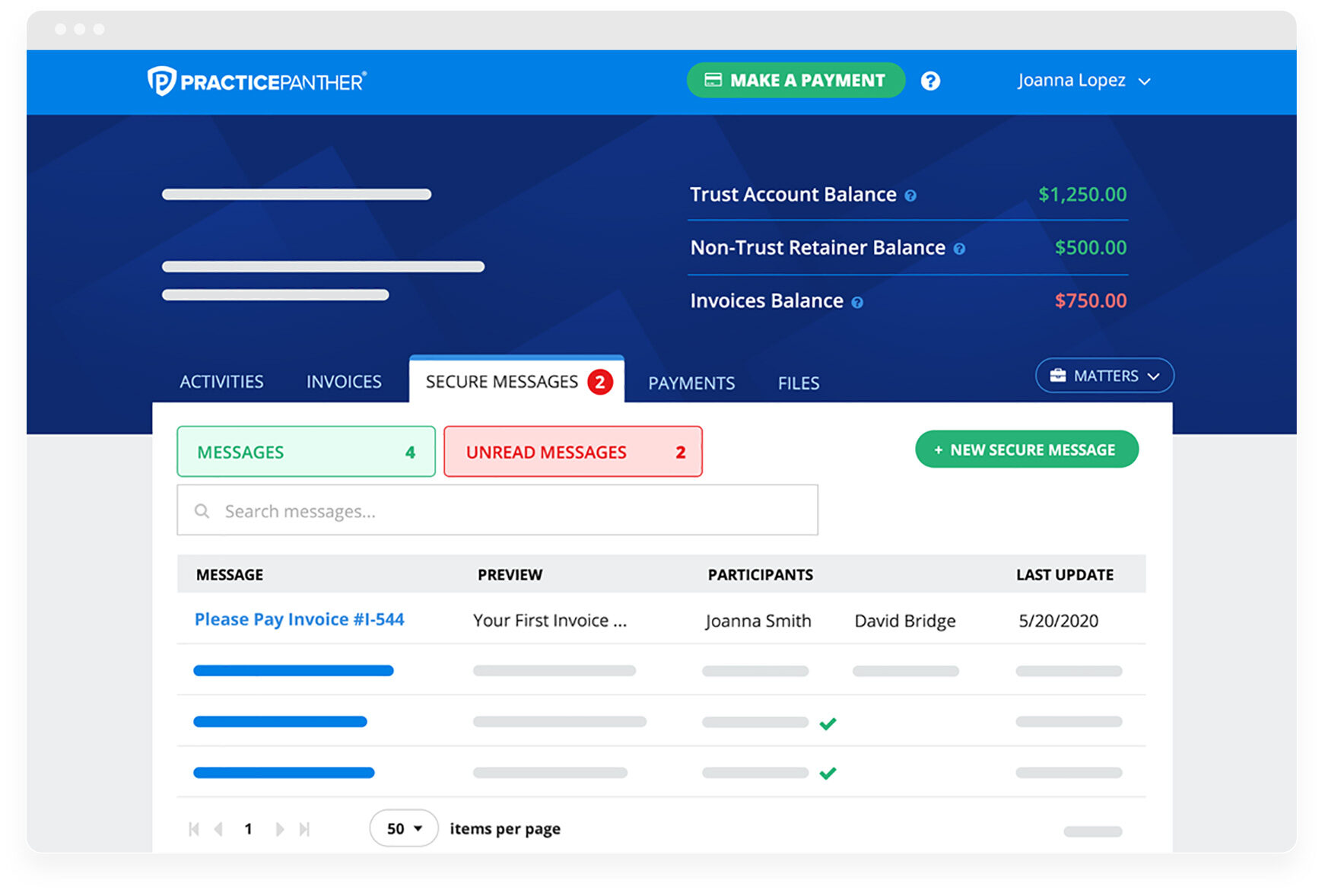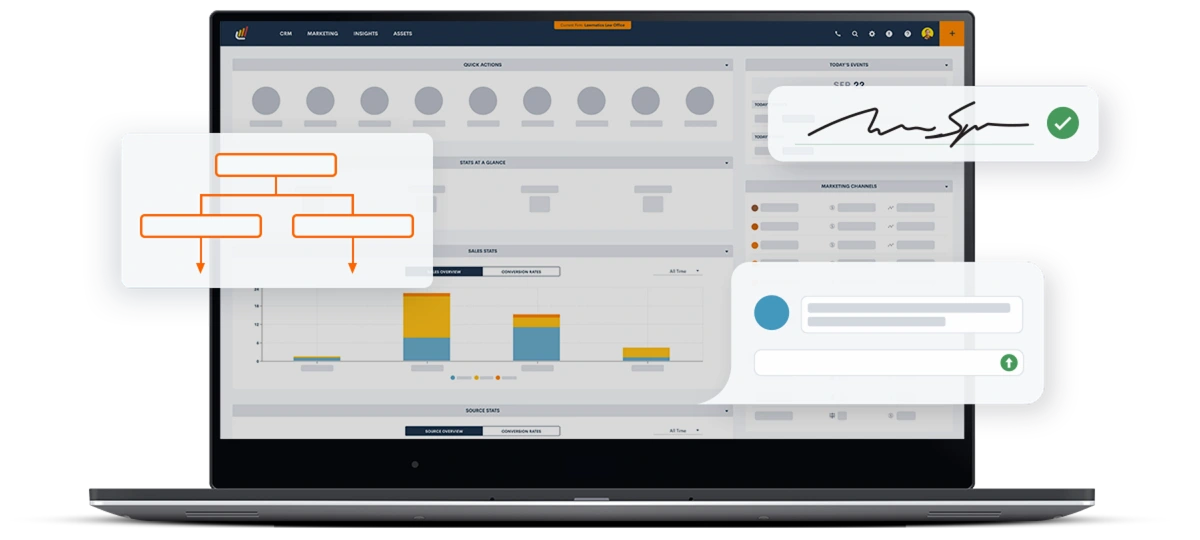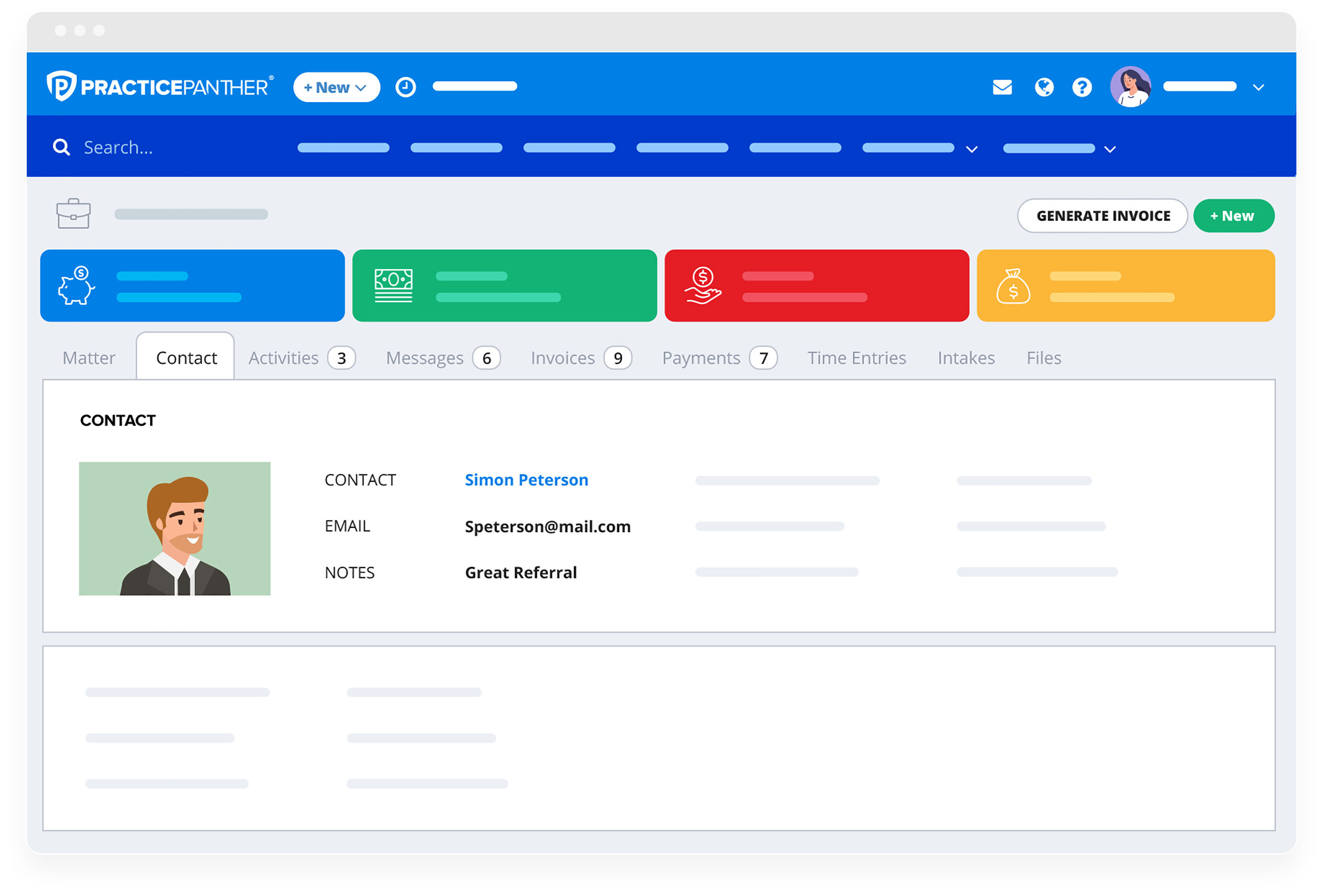CRM software for lawyers is an indispensable tool that empowers legal professionals to manage their practice efficiently, nurture client relationships, and drive growth. By leveraging the latest technology, lawyers can streamline case management, automate tasks, and gain valuable insights to make informed decisions.
With a comprehensive suite of features tailored specifically for the legal industry, CRM software for lawyers offers a range of benefits that can transform your practice.
Introduction
Customer Relationship Management (CRM) software is a powerful tool that can help lawyers manage their client relationships, track their cases, and automate their marketing efforts. CRM software can help lawyers stay organized, improve their efficiency, and grow their business.
There are many benefits to using CRM software in the legal industry. CRM software can help lawyers:
- Manage their client relationships more effectively
- Track their cases more efficiently
- Automate their marketing efforts
- Improve their communication with clients
- Increase their revenue
Features of CRM Software for Lawyers

CRM software offers a range of features tailored to meet the specific needs of lawyers, including case management, contact management, document management, time tracking, and billing.
These features streamline and automate many tasks, enabling lawyers to focus on providing exceptional client service and achieving better outcomes.
Case Management
CRM software provides robust case management capabilities, allowing lawyers to efficiently manage their caseload. They can track case progress, set deadlines, assign tasks, and collaborate with colleagues on specific cases.
Centralized access to case-related information, such as documents, notes, and communications, ensures that all team members have the most up-to-date information at their fingertips.
Contact Management
CRM software helps lawyers manage their contacts effectively. They can store and organize client information, including contact details, case history, and communication preferences.
Advanced CRM systems allow for segmentation and filtering of contacts, making it easy for lawyers to target specific groups with tailored marketing campaigns or updates.
Document Management
Document management is crucial for lawyers, and CRM software provides secure and organized storage for all case-related documents. They can easily upload, share, and track documents, ensuring that important information is always accessible.
Version control features allow lawyers to track changes made to documents, ensuring that the latest version is always available.
Time Tracking
CRM software enables lawyers to accurately track the time spent on each case and task. This information is essential for billing purposes and can also help lawyers identify areas where they can improve efficiency.
Time tracking data can be exported into reports, providing valuable insights into resource allocation and productivity.
Billing
CRM software streamlines the billing process for lawyers. They can generate invoices based on time tracked, expenses incurred, and flat fees. The software can also automate payment reminders and track payments received.
Integration with accounting systems ensures that billing data is seamlessly transferred, reducing the risk of errors and saving time.
Benefits of Using CRM Software for Lawyers
CRM software offers numerous benefits to lawyers, including improved client relationships, increased efficiency, reduced costs, and enhanced collaboration.
By centralizing client data and streamlining communication, CRM software helps lawyers build stronger relationships with their clients. It provides a comprehensive view of each client’s history, interactions, and preferences, allowing lawyers to tailor their services and communication accordingly. This personalized approach fosters trust and loyalty, leading to improved client satisfaction and retention.
Increased Efficiency
- Automates tasks: CRM software automates repetitive tasks such as scheduling appointments, sending emails, and generating documents. This frees up lawyers’ time, allowing them to focus on more complex and value-added activities.
- Streamlines communication: CRM software provides a central platform for communication with clients, colleagues, and other stakeholders. This eliminates the need for multiple channels and reduces the risk of missed or delayed messages.
- Improves document management: CRM software helps lawyers manage documents efficiently. It provides a central repository for all client-related documents, making them easily accessible and searchable.
Reduced Costs
- Reduces administrative expenses: By automating tasks and streamlining communication, CRM software reduces the need for administrative staff. This can lead to significant cost savings over time.
- Improves billing accuracy: CRM software helps lawyers track time and expenses accurately, ensuring that clients are billed correctly. This reduces the risk of billing errors and disputes.
- Increases revenue: By improving client relationships and efficiency, CRM software can help lawyers increase their revenue.
Enhanced Collaboration
- Facilitates team collaboration: CRM software provides a platform for lawyers and their teams to collaborate seamlessly. It allows them to share information, assign tasks, and track progress in real time.
- Improves communication with clients: CRM software makes it easy for lawyers to communicate with clients and keep them informed about the status of their cases. This enhances transparency and builds trust.
- Streamlines document sharing: CRM software allows lawyers to share documents securely with clients and colleagues, reducing the risk of errors and delays.
Choosing the Right CRM Software for Your Law Firm
Selecting the ideal CRM software for your law firm is crucial for optimizing client management and boosting productivity. Consider the following factors to make an informed decision:
Firm Size and Needs
Assess the size and specific requirements of your firm. Consider the number of attorneys, staff, and clients you serve. Determine the features that are essential for your practice, such as case management, document storage, and billing capabilities.
Research Providers
Conduct thorough research on different CRM software providers. Read reviews, compare pricing, and explore their features. Consider their experience in the legal industry and their reputation for customer support.
Demos and Feature Comparison
Request demos from potential providers to see their software in action. Compare the features, ease of use, and integration capabilities of each system. Pay attention to how well the software aligns with your firm’s workflow and specific needs.
Decision-Making
Based on your research and evaluations, make a decision that aligns with your firm’s unique requirements. Consider the cost, features, user-friendliness, and the provider’s reputation. Choose the software that best supports your firm’s growth and efficiency goals.
Implementing CRM Software in Your Law Firm

Implementing a CRM software in your law firm is a multi-step process that requires careful planning, training, and monitoring.
To ensure a successful implementation, follow these steps:
Develop a Plan for Implementation, Crm software for lawyers
Before you begin implementing your CRM software, it is important to develop a plan that Artikels the following:
- The goals you want to achieve with the CRM software.
- The timeline for implementation.
- The resources you will need.
- The steps you will take to implement the software.
Train Your Staff on the New Software
Once you have developed a plan for implementation, you need to train your staff on the new software. This training should cover the following:
- The basics of the CRM software.
- How to use the software to manage client relationships.
- How to use the software to track cases and deadlines.
- How to use the software to generate reports.
Monitor Usage and Make Adjustments as Needed
Once your staff has been trained on the new software, you need to monitor its usage and make adjustments as needed. This monitoring should include the following:
- Tracking the number of users who are using the software.
- Tracking the number of cases that are being managed in the software.
- Tracking the number of reports that are being generated.
- Making adjustments to the software as needed to improve its usability and effectiveness.
Case Studies
Numerous law firms have successfully implemented CRM software and reaped significant benefits. Here are a few notable case studies:
Case Study 1: Law Firm A
- Challenge:Law Firm A struggled to manage client relationships effectively, leading to lost opportunities and reduced revenue.
- Solution:Implemented a CRM system that centralized client data, automated communication, and provided real-time insights.
- Results:Increased client satisfaction by 25%, improved communication efficiency by 30%, and generated 15% more revenue within the first year of implementation.
Case Study 2: Law Firm B
- Challenge:Law Firm B faced challenges in tracking case progress and coordinating with multiple attorneys on complex matters.
- Solution:Deployed a CRM system with case management capabilities, allowing for centralized case tracking, document sharing, and seamless collaboration.
- Results:Reduced case resolution time by 20%, improved attorney productivity by 15%, and enhanced client satisfaction due to better communication and transparency.
Case Study 3: Law Firm C
- Challenge:Law Firm C sought to improve marketing efforts and generate more leads.
- Solution:Integrated a CRM system with marketing automation tools, enabling targeted email campaigns, lead tracking, and automated lead nurturing.
- Results:Increased lead generation by 40%, improved lead conversion rates by 18%, and generated a significant return on investment.
Conclusion

In conclusion, implementing a CRM system in your law firm can streamline operations, improve client relationships, and boost revenue. CRM software provides numerous benefits, including:
- Centralized client data for easy access and management
- Automated tasks and workflows to save time and increase efficiency
- Improved communication and collaboration within the firm
- Enhanced client engagement and satisfaction
- Increased revenue through better lead management and cross-selling opportunities
If you’re looking to improve the efficiency and profitability of your law firm, consider investing in a CRM software solution. It can help you manage your clients effectively, grow your business, and achieve long-term success.
Last Recap
In conclusion, CRM software for lawyers is a strategic investment that provides numerous advantages. From enhanced client relationships and increased efficiency to reduced costs and improved collaboration, this technology empowers law firms to operate at their full potential and achieve exceptional results.
By embracing CRM software, lawyers can streamline their practice, gain a competitive edge, and deliver exceptional legal services to their clients.
FAQs
What is CRM software for lawyers?
CRM software for lawyers is a specialized software solution designed to help law firms manage their client relationships, cases, and other aspects of their practice.
What are the benefits of using CRM software for lawyers?
CRM software for lawyers offers a range of benefits, including improved client relationships, increased efficiency, reduced costs, and enhanced collaboration.
How do I choose the right CRM software for my law firm?
When choosing CRM software for your law firm, consider your firm’s size and needs, research different software providers, get demos and compare features, and make a decision based on your firm’s specific requirements.
How do I implement CRM software in my law firm?
To implement CRM software in your law firm, develop a plan for implementation, train your staff on the new software, and monitor usage and make adjustments as needed.
